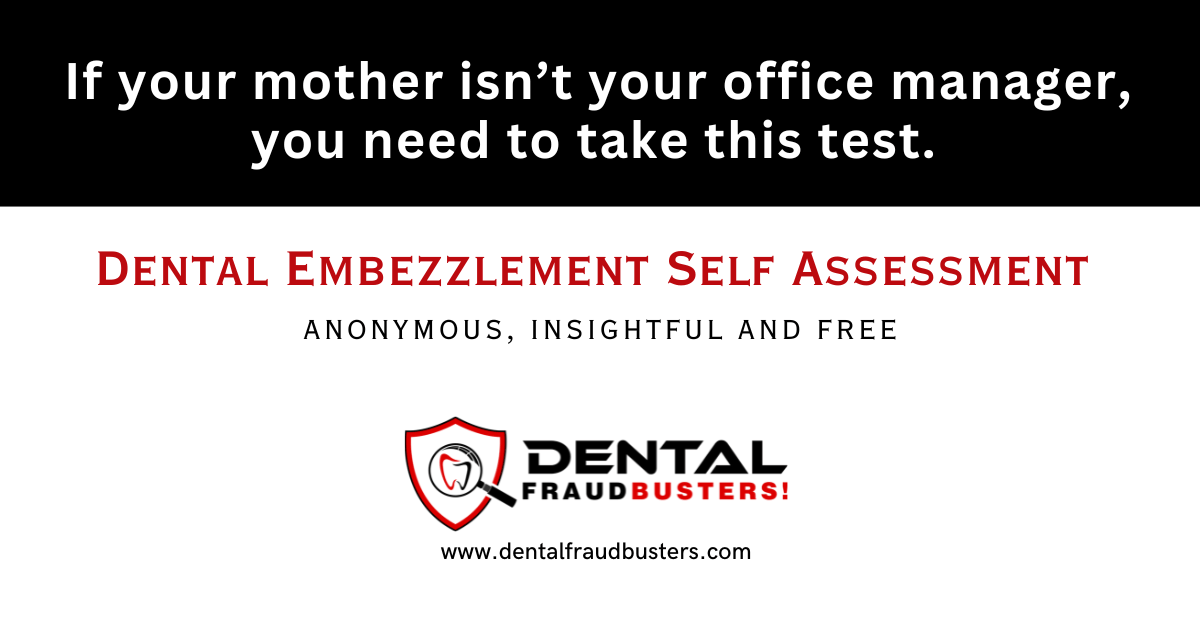Virtual Card Payments are BAD for Dentists
What is a Virtual Credit Card (VCC)?
A VCC is a claim payment from an insurance company (with an EOB) that has an image of a “credit card” along with a credit card number, expiration date, for the exact dollar amount of the claim being paid.
3 Reasons to Avoid VCC payments
Why are Virtual Card Payments BAD for Dentists?
#1: YOU PAY UNNECESSARY MERCHANT FEES
Just like every other credit card payment, your merchant service provider will take a percentage of the amount that is processed. (usually 2% to 4%).
#2: THEY ARE CONFUSING
When you accept a virtual card payment, your merchant account records it as “Visa” (or some other credit card)
When you record the virtual card payment in your software; do you post it as an “insurance” payment or as a “credit card” payment”? Maybe something else?

Unless you make changes in your software or your record keeping, it will become difficult to tell the difference between “insurance credit card payments” and “patient credit card payments”.
#3: THEY ARE TEMPTING
In many cases, a Virtual Credit Card payment can be used like a regular credit card to make online purchases. This opens the door to the possibility of employee theft and because of reason #2, virtual credit card fraud can go undetected for a long time.
Opt-Out of Accepting Virtual Credit Card Payments
You can opt out of Echo V Payments online here>> https://echovcards.com/ECHOCARDAPP/#/Home
Or, call customer the service payments number listed on the virtual card payment and ask to opt out of their virtual credit card payment system.
The wordsmiths working for ECHO are the very finest. :-)
Here is a screenshot of a QuicRemit Payment Notification.
- note the oxymoron “voluntary opt-in”
- opting out means you will not longer receive “accelerated payments”

Here are other resources to help you keep Virtual Credit Cards out of your practice.
The Council for Affordable Quality Healthcare has provided a letter template that you can send to insurers. You can obtain it here: Sample_Provider_EFT_Request_Letter_to_Health_Plan
The ADA also has some good information about VCCs:
ADA_dental_insurance_reform_virtual_credit_cards.pdf
ADA_credit_virtual_card_payment.pdf
Other Links
U.S. Code of Federal Regulations. CFR 45§162.925. Additional requirements for health plans. Gov Regs. https://www.govregs.com/regulations/expand/title45_chapterA-i1_part162_subpartI_section162.925
Requesting EFT payments from health plans and status of implementation of operating rules. Council for Affordable Quality Healthcare (CAQH). December 2013. https://www.caqh.org/sites/default/files/core/template/letters/Sample_Provider_EFT_Request_Letter_to_Health_Plan.pdf
Red flags can be significant in uncovering financial misconduct.
A staggering 85% of embezzlement cases involved at least one of the Top Six embezzlement red flags.
CLICK ON THE IMAGE TO TAKE THE ASSESSMENT


